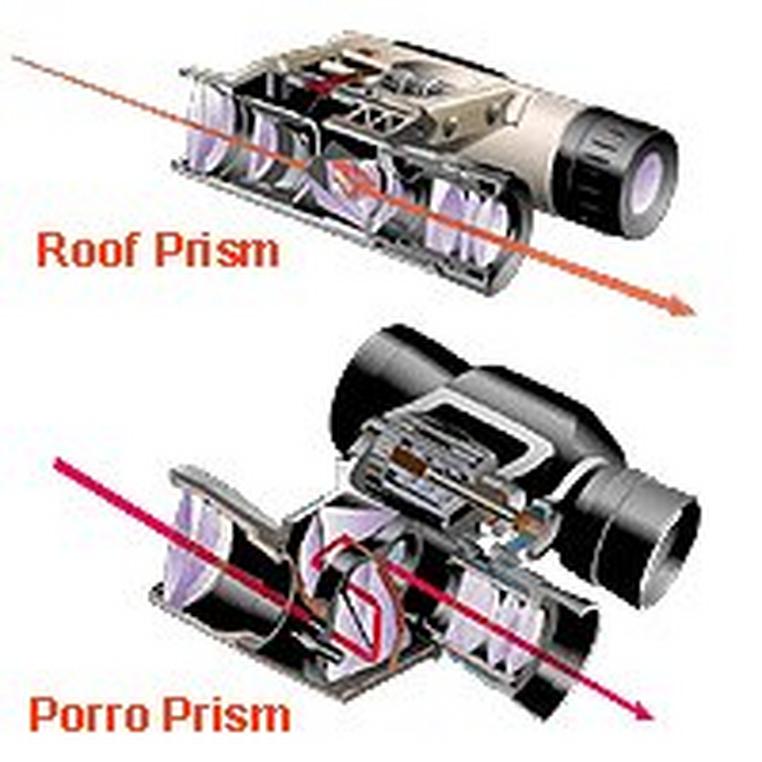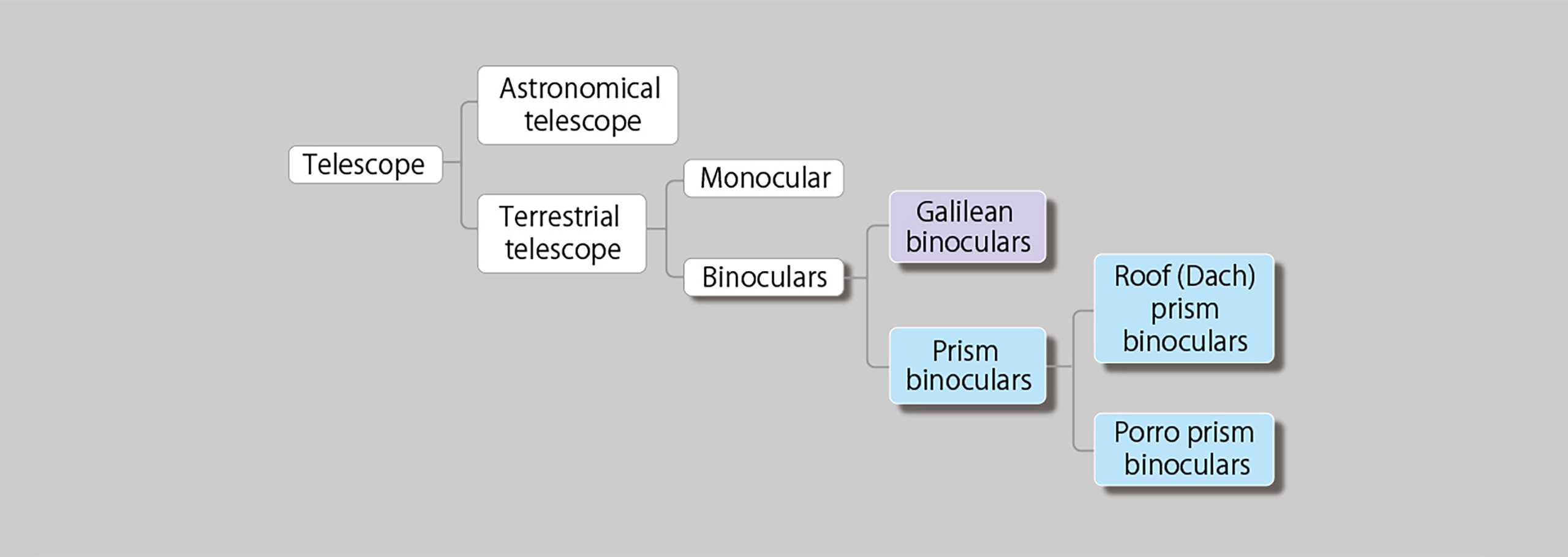Top 10 Binoculars for Nature Lovers and Wild Animals Onlookers
Wiki Article
The Importance of Field Glasses in Education and Scientific Study: Exactly How These Optical Instruments Contribute to Discovering and Exploration
The integration of binoculars right into educational settings and clinical research study is often forgotten, yet their contribution to enhancing empirical abilities is significant. In techniques ranging from ecological science to astronomy, binoculars offer as important devices that advertise query and essential thinking.Enhancing Observational Skills
In academic and research setups, making use of binoculars significantly boosts empirical skills amongst students and professionals alike. These optical instruments help with a much deeper understanding of far-off subjects, enabling users to observe information that would or else stay hidden. By employing binoculars, learners can take a look at wildlife, astronomical sensations, and geological developments, cultivating a much more profound link to the subject.Binoculars function as essential devices in area studies, encouraging pupils to engage proactively with their atmosphere. Through enhanced monitoring, they can collect data better, bring about enhanced logical abilities. This hands-on experience permits the growth of important thinking, as pupils need to translate what they see and relate it to academic knowledge.

Bridging Theory and Technique
Empirical skills developed via the usage of field glasses naturally bring about a more profound combination of academic knowledge with useful application. By engaging in straight monitoring, learners can change abstract principles right into substantial experiences. This synergy cultivates a much deeper understanding of scientific principles as pupils link theoretical frameworks with real-world phenomena.As an example, when researching bird biology, pupils can use their expertise of bird anatomy and behavior through the lens of binoculars, observing characteristics such as plumage variation, feeding routines, and migratory patterns. This direct involvement not just enhances academic principles yet additionally grows critical thinking and logical abilities.
In addition, making use of field glasses urges students to develop theories based on their observations, thereby enhancing their scientific inquiry skills. They can proactively examine these theories in the area, bring about an extra experiential understanding environment that promotes interest and exploration.
Fundamentally, binoculars act as a vital tool in linking the space between class knowing and fieldwork - Binoculars. They empower pupils to end up being energetic participants in their education and learning, motivating a holistic strategy to comprehending the environment and its complexities. Therefore, the integration of concept and practice is critical for promoting informed and involved learners
Applications in Environmental Scientific Research
Using binoculars in ecological scientific research improves the capacity to observe and evaluate environments with greater precision. These optical instruments are crucial for performing area research studies, enabling scientists to keep track of wild animals populations, analyze plant wellness, and assess environment conditions without interrupting the native environment. Field glasses promote the identification of types at various distances, enabling researchers to gather essential information on biodiversity and habits.In eco-friendly research study, field glasses are important devices for ornithologists researching avian habits and movement patterns. They enable scientists to tape-record observations over extended periods, adding to valuable longitudinal research studies - Binoculars. In addition, field glasses play a vital role in habitat evaluations, as they enable for the thorough monitoring of plant areas and their communications within ecosystems
Environmental educators also gain from binoculars, as these instruments enhance experiential knowing chances. Trainees can engage directly with their surroundings, promoting a deeper gratitude for environmental systems. By integrating field glasses into academic programs, trainers can influence the next generation of environmental researchers.
click site
Duty in Astronomy Education And Learning
Using field glasses in astronomy education and learning offers an accessible portal for trainees and lovers to check out celestial sensations (Binoculars). Unlike large telescopes, field glasses are portable, user-friendly, and fairly cost-effective, making them a perfect introductory tool for observing the night skies. Students can conveniently involve with the universes, promoting a hands-on learning experience that enhances their understanding of huge ideasBinoculars enable users to observe a selection of holy objects, consisting of the Moon, earths, and galaxy. This ease of access encourages expedition and observation, essential parts of scientific questions. Trainees can develop vital skills such as information collection, monitoring techniques, and even basic astrometry. Notably, binoculars function as a bridge to extra intricate huge tools, offering fundamental experiences that can trigger much deeper rate of interest in the area.
In educational settings, led binocular sessions can promote team partnership and discussion, enhancing the learning experience. The common experience of observing celestial spheres can grow a sense of neighborhood among learners. In general, binoculars play a crucial function in demystifying astronomy, making it friendly and appealing for people in all levels of education and learning.

Motivating Interest and Inquiry
Field glasses not just help with the monitoring of celestial phenomena but likewise fire up a sense of inquisitiveness and questions amongst trainees. By providing a more detailed look at remote items, field glasses encourage students to ask concerns and discover the environment around them. This device transforms passive learning right into an active, interesting experience, fostering a deeper understanding of scientific concepts.When pupils utilize field glasses to observe wild animals, landscapes, or expensive items, they create empirical abilities that are important for clinical inquiry. The act of focusing on particular information prompts them to develop hypotheses, carry out investigations, and reason based on their observations. This process not only boosts their essential assuming capabilities yet likewise supports a lifelong passion for expedition.
In addition, binoculars can bridge the void between theoretical understanding and real-world application. Inevitably, the use of binoculars in educational setups serves as a driver for inquisitiveness, encouraging students to go after understanding with enthusiasm and cultivating a feeling of anchor wonder regarding the globe around them.
Final Thought
In summary, field glasses work as necessary devices in education and learning and clinical research study, significantly enhancing observational skills while connecting the space between academic expertise and useful application. Their diverse applications in areas such as ecological browse around this site scientific research and astronomy emphasize their significance in cultivating interest and inquiry among students. By assisting in thorough assessments of remote topics, field glasses not just inspire the future generation of researchers however additionally cultivate a profound recognition for expedition and the scientific technique.Report this wiki page